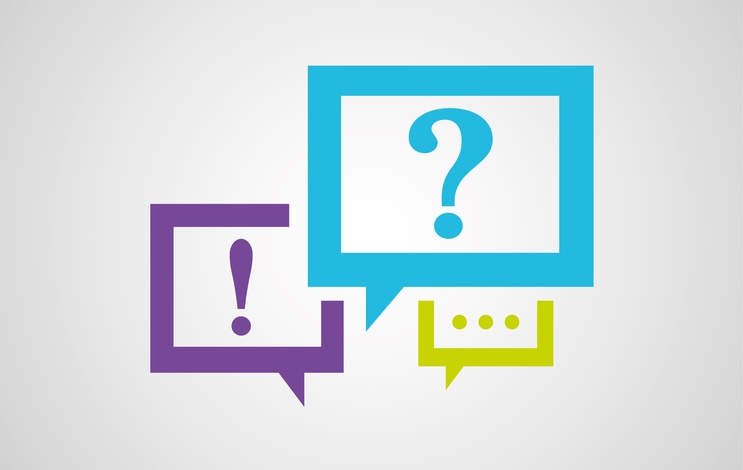5 Tips for Dealing with Patients with Opioid Dependence

It’s a national epidemic that is wreaking havoc on people from all walks of life, their families and, yes, physicians.
It’s opioid dependence, and sooner or later it is likely to touch your professional life if it hasn’t already.
According to the American Society of Addiction Medicine, nearly 2.5 million Americans had a substance use disorder involving opioids in 2014. In addition, the Substance Abuse and Mental Health Services Administration reports that the number of Americans who say they have engaged in non-medical use of prescription painkillers–thus putting themselves at risk for opioid dependence–each month totals 4.3 million.
Yes, sooner or later you are likely to be faced with patients in the throws of opioid dependence. They will present a variety of challenges, according to the National Center for Biotechnology Information, including psychological symptoms, physical symptoms and concerns about effectively managing pain.
For these reasons, it can be difficult for physicians to diagnose, treat and support patients in the throes of opioid dependence.
Here are five tips to assist you:
1. Acknowledge the dependence
Getting your patient to acknowledge the opioid dependence is a critical first step for several reasons. It allows you to treat the patient with a greater level of precision. It gives you peace of mind that the treatment decisions you will make are more likely to be effective and less likely to do more harm to your patient. In addition, it allows you to treat both the addiction or dependence as well as the condition that brought the patient to you in the first place.
2. Be aware of withdrawal
Patients who are dependent on opioids can be incredibly challenging to treat. They can be moody, mean and even menacing. This often results in physicians feeling like they would rather call a psychiatrist to deal with the patient. Obviously that’s not a practical solution–nor is it legal. That’s why it’s important for physicians to be aware of withdrawal symptoms and be as sympathetic to the patients as possible.
3. Don’t fret about the dependence
Patients who are opioid dependent rarely get effective pain relief from the dose of opioid they have been abusing. This presents challenges to physicians who are charged with treating the patients’ acute pain. In fact, it can often lead to physicians under-treating patients because they don’t want to make a patient’s opioid dependence worse. Rather than fretting about the dependence, physicians should treat the acute pain immediately–and then address the dependence at a later time (according to an article published on the National Center for Biotechnology Information website).
4. Stay up-to-date on the latest treatment options
In May 2016, the U.S. Food and Drug Administration approved the very first buprenorphine implant to help patients suffering from opioid dependence. It’s called Probuphine and it’s designed to provide a constant, low-level dose of buprenorphine to patients for up to half a year. It’s believed to be effective–but only if physicians are aware of it and use it. One of the best things you can do to treat your patients who are suffering from opioid dependence is to stay up-to-date on the latest treatments so you can offer them to your patients.
5. Bring in an addiction medicine specialist
Many of your opioid-dependent patients will need behavioral therapy as much as they’ll need treatment for their physical ailments. Don’t be afraid to bring in an addiction specialist to advise you and help your patients. Doing so could mean the difference between seeing your patient become part of the growing number of those who are addicted to opioids and those who recover.
—
Did you enjoy this article? Would you like to read more like it? If so, subscribe to receive our blogs.
![]()
Comments are closed.



Recent Comments